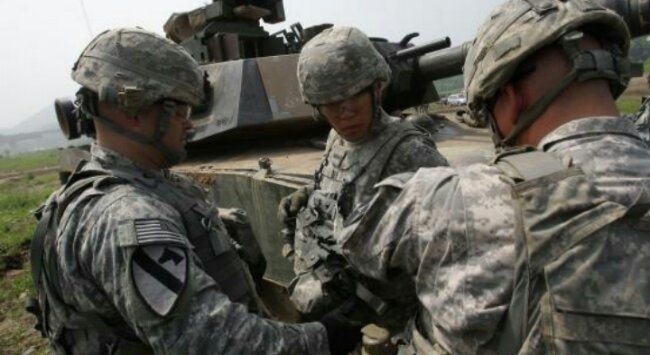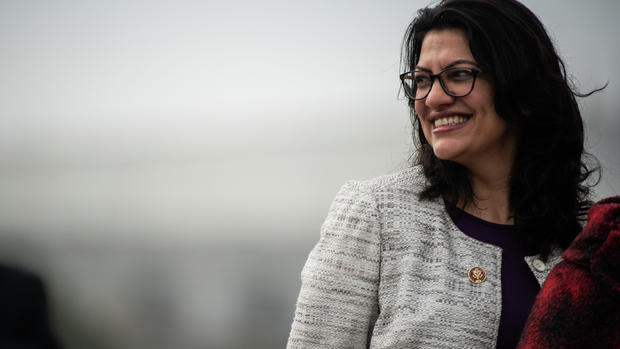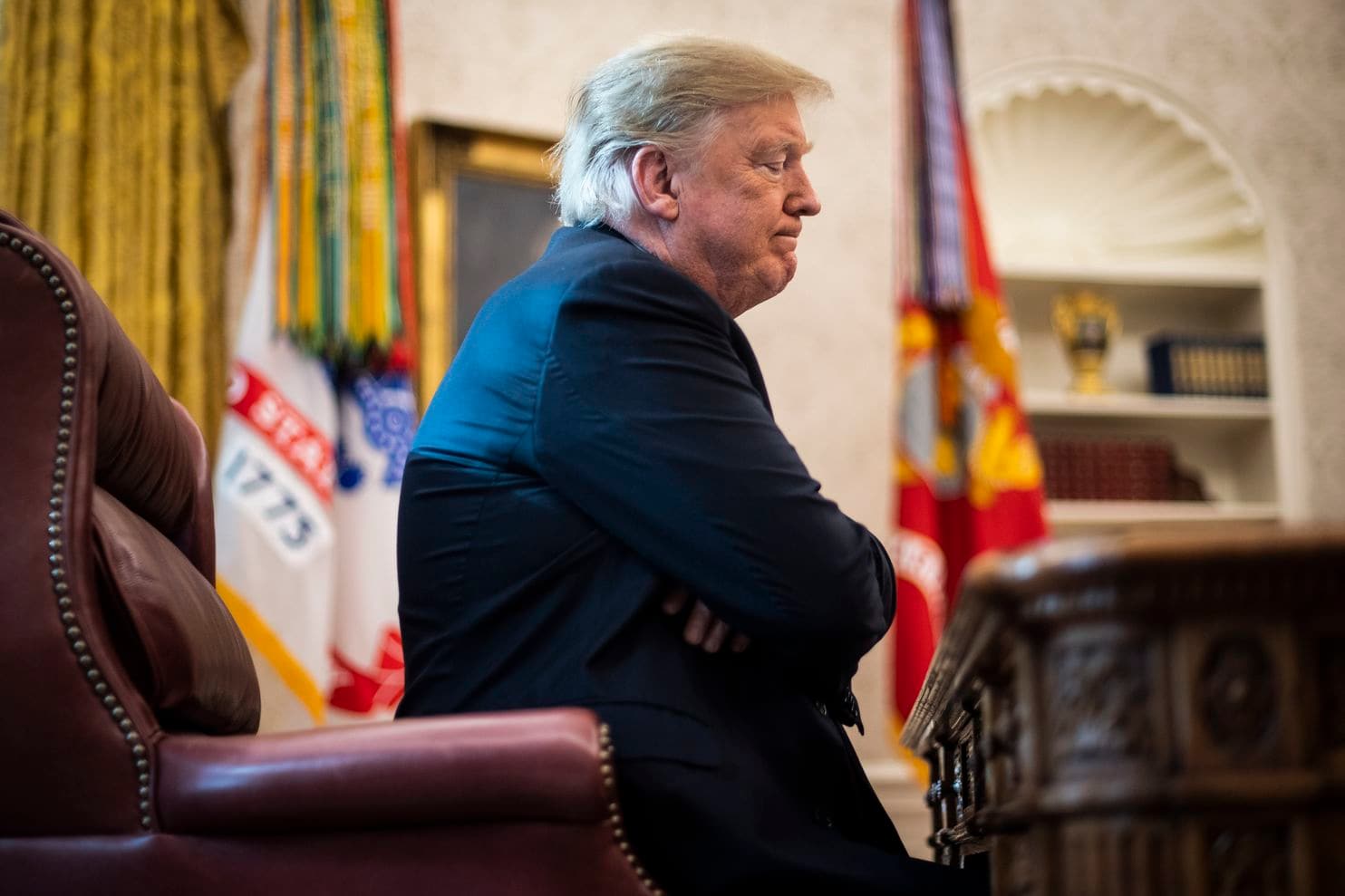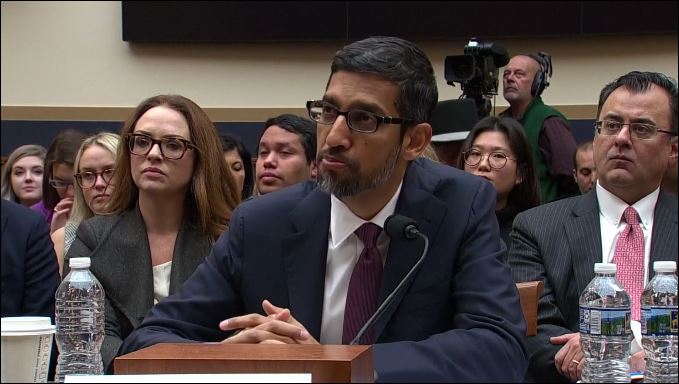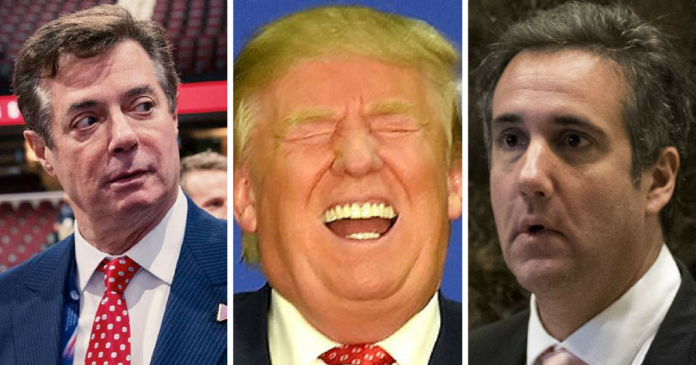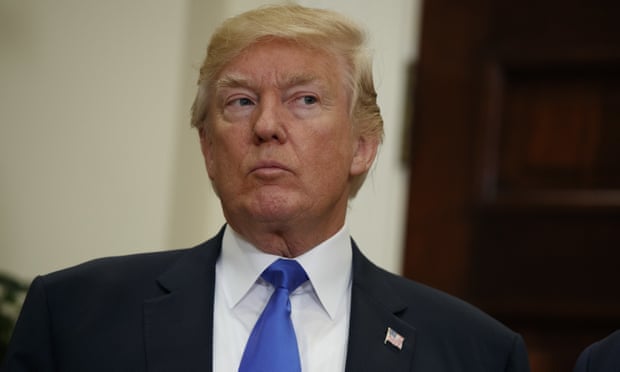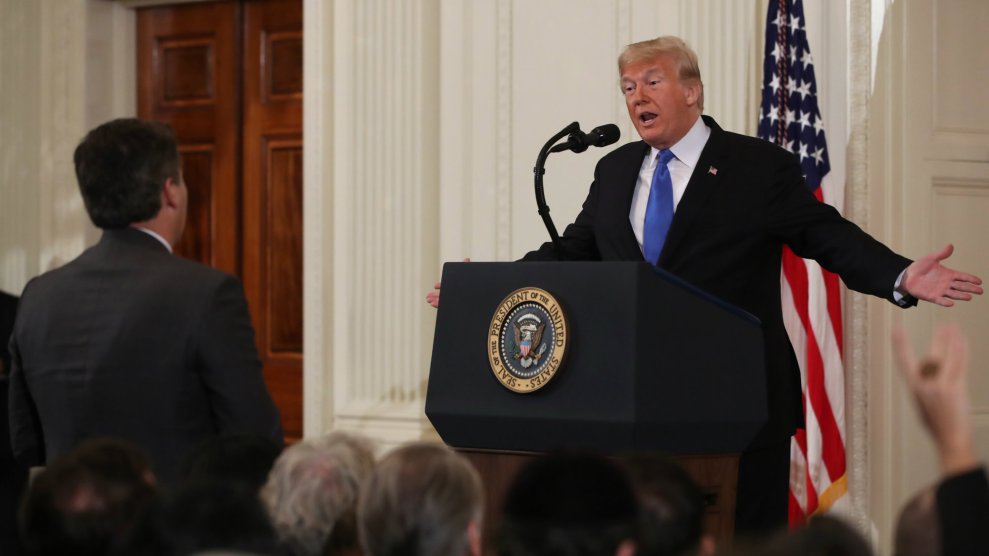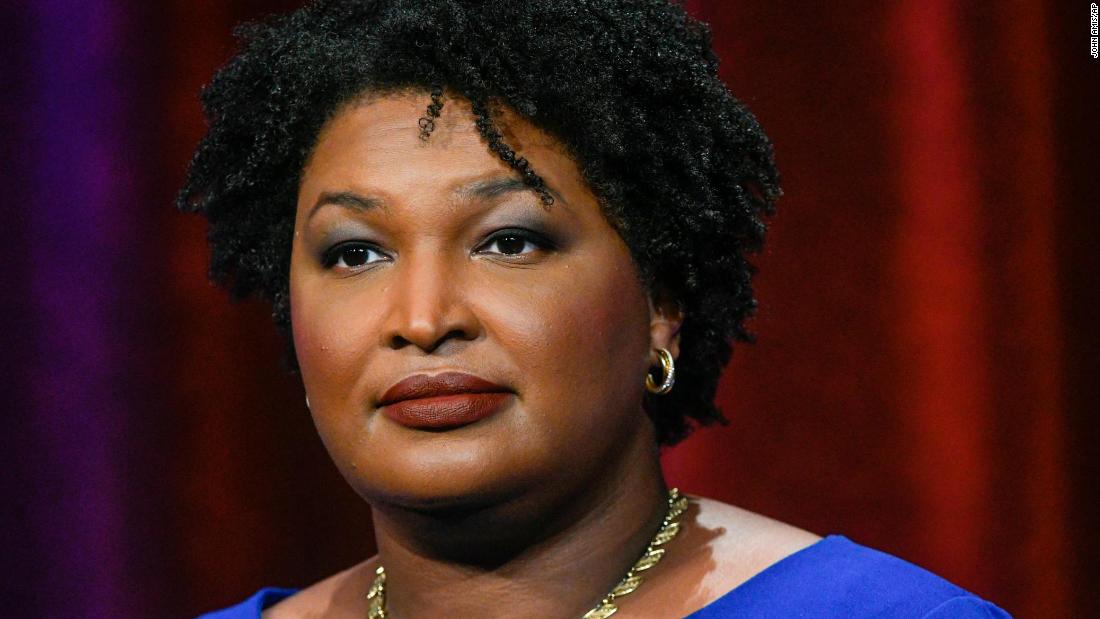A new Pentagon report shows that most of the sexual assault in the military are against men.
In its latest report on sexual assault, the Pentagon estimated that 26,000 service members experienced unwanted sexual contact in 2012, up from 19,000 in 2010. Of those cases, the Pentagon says, 53 percent involved attacks on men, mostly by other men.
“It’s easy for some people to single out women and say: ‘There’s a small percentage of the force having this problem,’ ” said First Lt. Adam Cohen, who said he was raped by a superior officer. “No one wants to admit this problem affects everyone. Both genders, of all ranks. It’s a cultural problem.”
Though women, who represent about 15 percent of the force, are significantly more likely to be sexually assaulted in the military than men, experts say assaults against men have been vastly underreported. For that reason, the majority of formal complaints of military sexual assault have been filed by women, even though the majority of victims are thought to be men.
“Men don’t acknowledge being victims of sexual assault,” said Dr. Carol O’Brien, the chief of post-traumatic stress disorder programs at the Bay Pines Veterans Affairs Health Care System in Florida, which has a residential treatment program for sexually abused veterans. “Men tend to feel a great deal of shame, embarrassment and fear that others will respond negatively.”
But in recent months, intense efforts on Capitol Hill to curb military sexual assault, and the release of a new documentary about male sexual assault victims in the military, “Justice Denied,” have brought new attention to male victims. Advocates say their plight shows that sexual assault has risen not because there are more women in the ranks but because sexual violence is often tolerated.
“I think telling the story about male victims is the key to changing the culture of the military,” said Anuradha K. Bhagwati, executive director of the Service Women’s Action Network, an advocacy group that has sharply criticized the Pentagon’s handling of sexual assault. “I think it places the onus on the institution when people realize it’s also men who are victims.”
